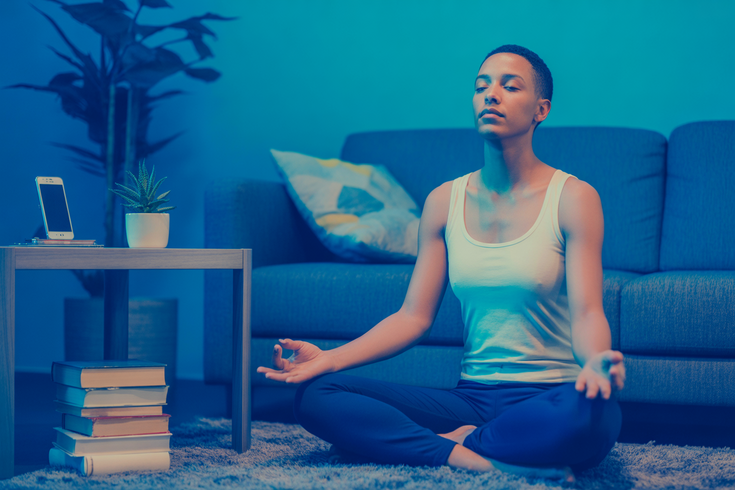How to Master Digital Detox: Creating Effective No-Phone Zones for Mindfulness
By Brandon StrazaYour phone isn't just a distraction. It's your crutch. Understand this: To master digital detox, you must disrupt your ingrained dependency and create spaces where your device isn't king.
Here's what you do, now: 1. Identify absolute phone-free zones. 2. Invest in a basic watch and a physical calendar—yes, paper. 3. Set tech-less timeframes and broadcast them boldly. 4. Substitute the scroll with an actual book. 5. Challenge your damn self daily.
Everyone talks mindfulness like it's optional. It isn't—it’s about reclaiming your life from your gadget. Your ultimate blockage? Fear of missing out. How ironic, when every moment spent digitally tethered is a missed connection with your actual life.
How to Implement No-Phone Zones at Home
No-phone zones aren't a luxury; they're your digital detox boot camp. Confine your phone to specific rooms, nowhere near where you sleep, eat, or unwind. Start with a single sanctuary—the dining table or your sleeping nook—then expand. Create visual cues: a simple, bold ‘NO PHONE’ placard that screams at you harder than Instagram notifications.
- Eat without thumb distractions.
- Read a physical book at bedtime.
- Design your space for serenity, not stimuli.
Why You're Failing at Digital Detox
You want change without discomfort, that's your problem. Falling into your phone's seductive glow feels easier than breaking up with bad digital habits. Accept that detox isn’t a weekend retreat; it’s a hard, long transformation. Ditch tech in stages, and if that scares you, good. Fear means you’re about to grow.
What is Mindfulness?
Mindfulness means being present and engaged. Simple, right? Yet, 87% of us fail because it's uncomfortable to put down the phone and confront what's real. It's time to focus on active choices over passive scrolling.
Mindfulness Techniques vs. Mindless Swiping
Let’s compare: Meditation fosters clarity; smartphones foster chaos. Choose practices that value presence over pixels.
- Practice daily mindfulness exercises.
- Keep a journal - not an app.
- Disconnect to reconnect with reality.
How Reduced Screen Time Boosts Creativity
Unplugged brains create; plugged-in brains cadge someone else's ideas. Reduced screen time clears mental clutter, making space for your own damn thoughts and innovation.
- Prioritize downtime; create without tech.
- Let boredom challenge your ingenuity.
- Use quiet space for brainstorming.
You’ve got two choices: stay comfortable and stuck, or face discomfort and fly. Time's wasting. Act or don't. But don't whine about lack of change on your digital leash. You've got the blueprint. Now build the life. The clock’s ticking. What’s it gonna be?




